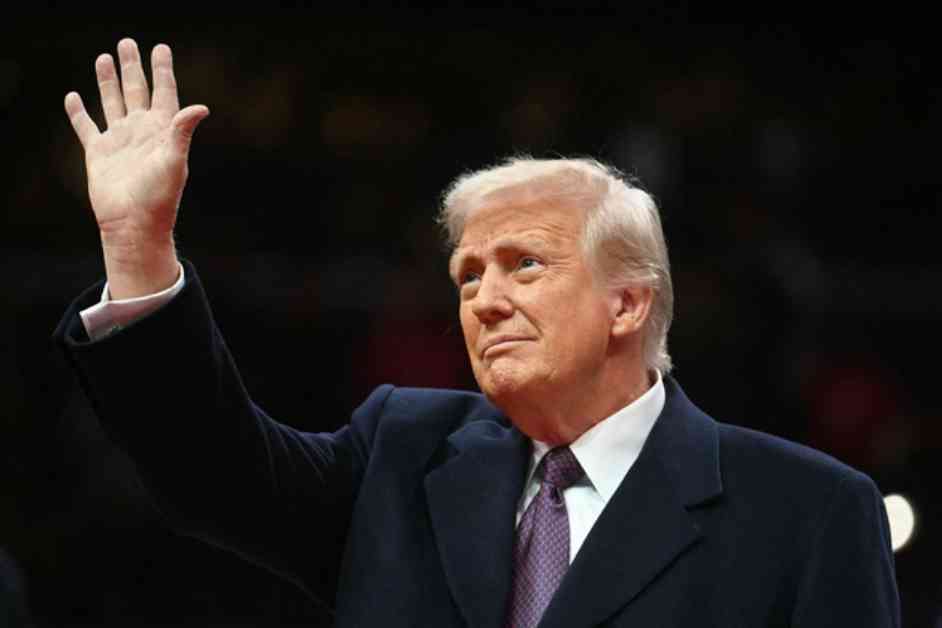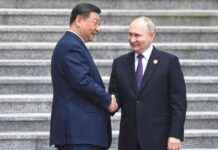President Donald Trump’s recent controversial comments regarding Canada, the Panama Canal, and Greenland have sent shockwaves across the global political landscape. Ian Bremmer, President of Eurasia Group, highlighted the evolving perception among the Canadian Conservative Party, signaling a shift from dismissive amusement to serious concern.
Chancellor Scholz’s response to Trump’s potential military or economic actions against Denmark for Greenland emphasized the importance of respecting border inviolability, sparking a debate among European leaders. French Foreign Minister Jean-Noel Barrot’s ominous statement about the “law of the strongest” further underscored the geopolitical tensions arising from Trump’s bold statements.
Challenges to Global Maritime Routes
The government of Panama vehemently rejected Trump’s suggestion of US control over the Panama Canal, asserting that it will remain under Panamanian management. This stance reflects Panama’s commitment to maintaining its crucial role in international trade, with approximately 40% of all US container shipments passing through the canal.
China’s Influence and Security Concerns
China’s significant investments in Panamanian port infrastructure and the lease of key port facilities highlight its growing influence in the region. Alexander Gray’s observation on China’s strategic use of infrastructure to exert control over nations further emphasizes the geopolitical implications of Chinese involvement in the Panama Canal.
The emerging trends in global warming, which could lead to an ice-free Arctic by the 2030s, present new opportunities for international shipping. The Northwest Passage Route through Canada’s waters could revolutionize maritime trade routes by significantly reducing shipping distances between the US East Coast and Asia, as well as Europe.
Geopolitical Implications of Arctic Access
Trump’s interest in Greenland extends beyond economic considerations, encompassing security implications and the potential for new maritime routes. The Transpolar Sea Route, which runs close to Greenland, could become a critical pathway linking Asia and Europe in the future, impacting global trade dynamics.
The escalating military activities in the Arctic region by Russia and China, coupled with Greenland’s strategic location, raise security concerns for the US. Trump’s focus on securing access to key maritime pathways reflects a broader strategy aimed at safeguarding American interests in evolving global trade routes.
Implications for US Allies
While Trump’s rhetoric may appear impulsive, his actions are rooted in a calculated strategy to secure US access to vital maritime routes. US allies must prepare for tough negotiations with the Trump Administration, as it pursues agreements with Panama, Canada, and Denmark to reinforce American interests in the maritime domain.
As the global maritime landscape undergoes significant transformations, Trump’s aggressive pursuit of key strategic objectives underscores the evolving dynamics of international relations. The implications of these actions extend beyond economic considerations, shaping the geopolitical landscape for years to come.
Andrii Vdovychenko, an expert in international security, emphasizes the strategic importance of Trump’s maritime initiatives in securing US interests. His analysis highlights the complex interplay of economic, geopolitical, and security factors driving the Trump Administration’s maritime strategy.

















